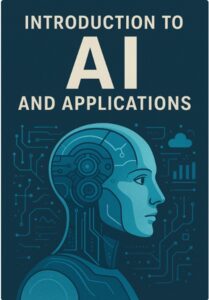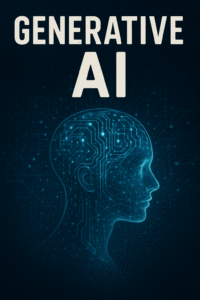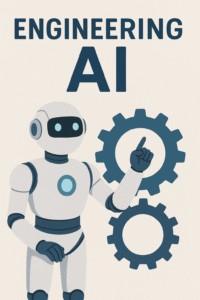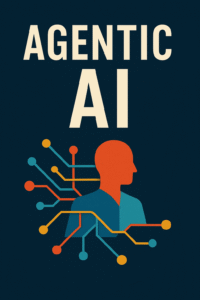Generative AI refers to the use of artificial intelligence algorithms to generate new data or content that is similar to existing data. The goal of generative AI is to create new and novel content that is indistinguishable from content created by humans. This technology has applications in a wide range of fields, including image and video generation, natural language processing, music composition, and more.
Generative AI models are typically based on deep learning, a subfield of machine learning that involves training large neural networks on vast amounts of data. These models are capable of learning the underlying patterns and structure of the data, and can then generate new content based on that understanding.
One of the most well-known types of generative AI models is the generative adversarial network (GAN), which consists of two neural networks – a generator and a discriminator – that work together to generate new content. The generator creates new data that is then evaluated by the discriminator, which tries to determine whether the data is real or fake. Through this process, the generator learns to create increasingly realistic data.
Generative AI has the potential to revolutionize many industries by enabling the creation of new content that is faster, cheaper, and more diverse than what humans can produce alone. However, it also raises ethical concerns around issues such as ownership and authenticity of content, as well as the potential misuse of the technology.
….Will be Continued










